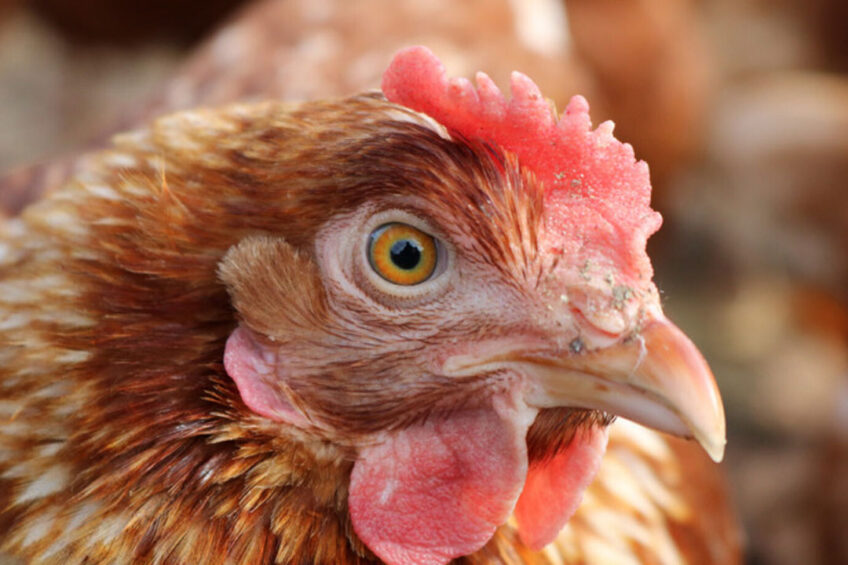Laying hen welfare guidelines upgraded in Taiwan

Taiwan has revised its official guidelines for laying hen welfare for the first time since they were introduced in 2015, according to the Environment and Animal Society of Taiwan. The changes deliver significant animal welfare improvements for laying hens raised in free range, barn, or enriched systems.
The legal guidelines are mandatory for any eggs labelled ‘free range’, ‘barn’, or ‘enriched cage’, and are expected to affect around 10% of Taiwan’s 40 million laying hens. The upgrade comes soon after authorities announced a reduction in interest rates for farmers investing in cage-free systems as part of the government’s low-interest loan scheme.
One of the most significant changes is an increase in the amount of space cage-free farms will need to provide for each hen, now providing at least 1 m2 of space per 10 birds, up from 1 m2 per 12 birds. The updated guidelines also ban the practise of forced moulting, specify nest box materials, perch design, and range shelter size, and require that farms provide segregated areas for sick or injured hens.
Cage-free movement
Taiwan’s cage-free movement is gaining momentum and is seeing increasing support. In 2020, furniture giant, IKEA, committed to go 100% cage-free in its Taiwanese restaurants by the end of 2021. In April, luxury hotel group, LDC Hotels & Resorts, debuted a series of Mother’s Day cakes made using exclusively cage-free eggs, and in May, Taiwan’s largest retailer, PX Mart, unveiled designated cage-free zones in 600 of its supermarkets across Taiwan.
“The updated regulations are a vote of confidence in Taiwan’s cage-free transition,” said Yu-Min Chen, deputy CE of the Environment and Animal Society of Taiwan. He acknowledged authorities for responding to growing consumer concern for farmed animal welfare.













